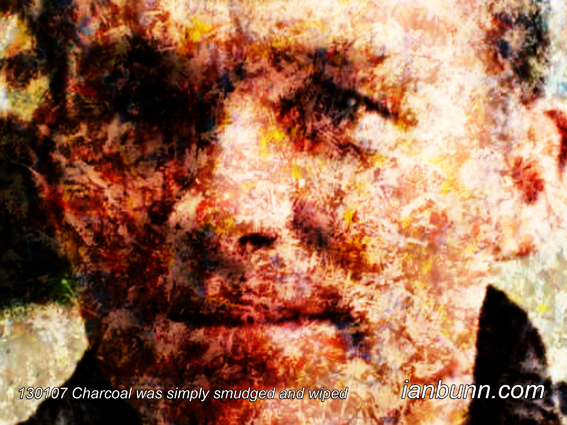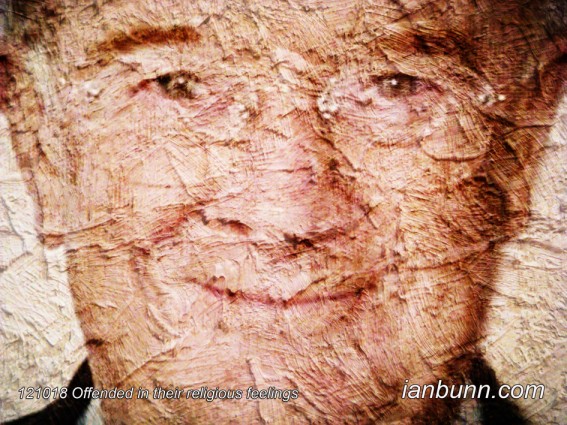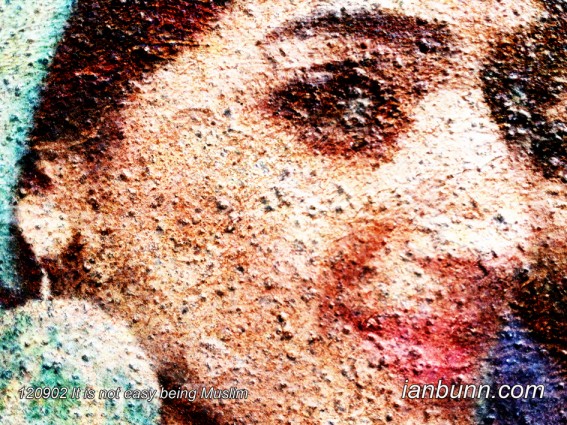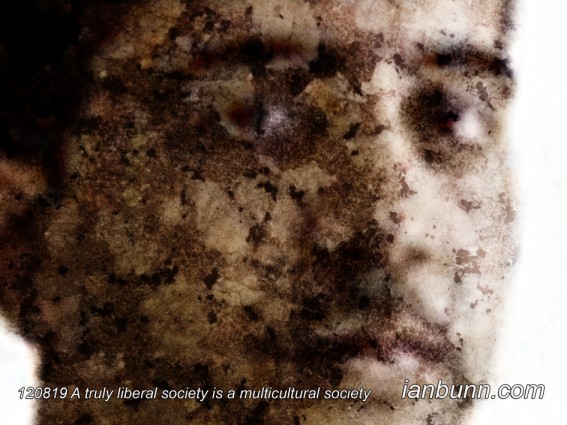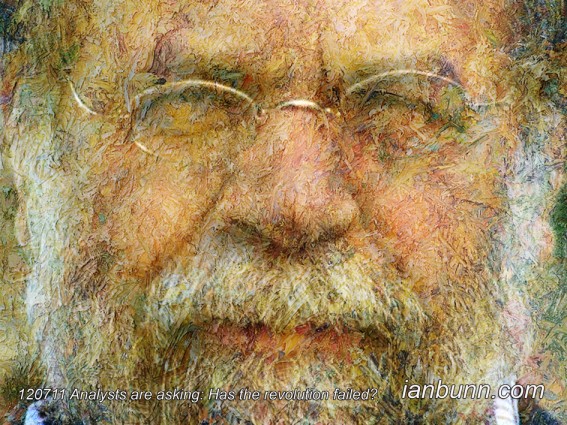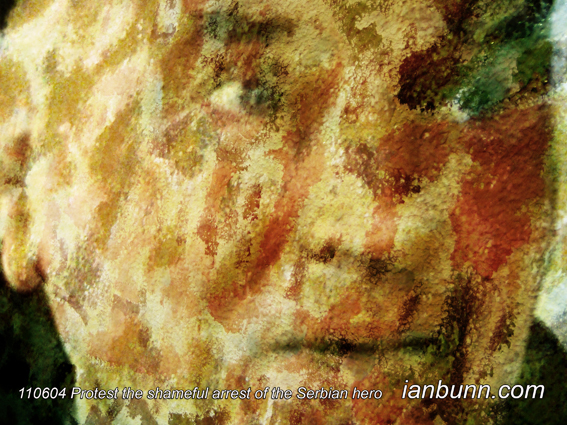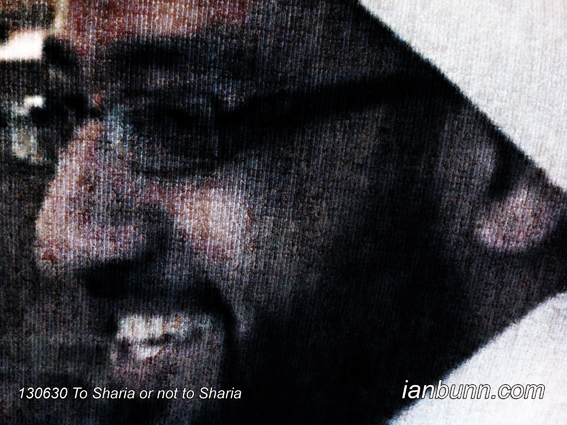 To Sharia or not to Sharia (June 30 2013)
To Sharia or not to Sharia (June 30 2013)
Mohamed Ghilan the Saudi Arabia born Canadian Muslim who writes articles relating to Islamic topics, theology, and philosophy of religion and science, has published an article on Aljareera titled ‘To Sharia or not to Sharia: The question of Islamopolitics’ in which he states “The Pew Forum on Religion and Public Life recently released their latest results from a survey of Muslims around the world on religion, politics and society. Although there is wide variability, it seems that most Muslims want Sharia (Islamic Law) to be the governing law of their countries and to play an important role in the political process. However, although the majority of Muslims agree on the general principle of applying Sharia, they do not seem to agree on what that term means. Given the diversity of understanding and sources one can be exposed to in the Islamic tradition, this disagreement should not come as a surprise. …The human element must be brought to the forefront of this conversation. The way in which Islam is being considered the driving force behind Islamopolitical movements as if it is an autonomous agent removes accountability from the people within those movements. While their desire for economic and social reform is commendable, their approach is highly questionable. …The current struggle is between rationalist Muslims who want to bring forth the Islamic tradition in its complete spectrum and dogmatist Muslims who think classical political works written in completely different contextual realities have some divine quality or sanctity to them. More importantly, Muslims need to come to terms with the fact that progress is not going to come from political parties that exploit the population’s emotional connection with Islam as a means to gain power.”
Inspired by Mohamed Ghilan, Aljazeera ow.ly/lMHfv Image source Mohamed Ghilan ow.ly/lMH8Z
